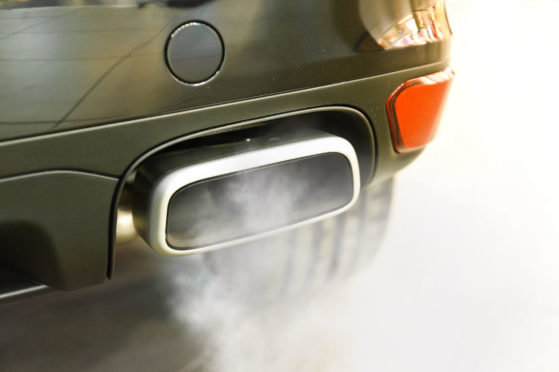Strong, decisive action on climate change should be welcomed and tougher regulations on vehicles was an obvious target.
The UK Government quickly found itself in the slow lane after it announced its plans for a ban on new petrol and diesel car sales in 2040, almost three years ago.
Norway plans a similar ban from 2025 and several other European countries have set a date of 2030.
Meanwhile the Scottish Government pledged to phase out the need for new petrol and diesel cars by 2032 with measures such as the expansion of charging networks for electric cars.
However, the new date of 2035 – 15 years from now – does not seem a long time for such a seismic shift in the car industry and consumer behaviour.
Last year just 37,850 battery-electric vehicles were sold in the United Kingdom compared to more than two million new petrol and diesel cars.
Despite the hoopla surrounding electric vehicles and the investments in charging infrastructure – of which Dundee has been at the forefront – as a nation we are a long way from embracing the electric vehicle future.
We need the car industry to accelerate its efforts to turn electric from a niche, expensive technology to something ready for the mass market.
And hopefully that will bring a jobs boost for Tayside.
The Michelin-Scotland Innovation Parc, in the process of being set up in the Michelin tyre factory in Dundee, has cutting edge technologies at the core of its vision.
It seeks to repurpose the site to focus on sustainable transport and low carbon energy.
The Michelin buildings are capable for housing thousands of workers powered by green energy from its wind turbines and the nearby waste to energy plant that will replace the Baldovie incinerator this year.
It’s a project that fits perfectly with the government’s aims and one that can help the transport industry reach its zero emission destination.











